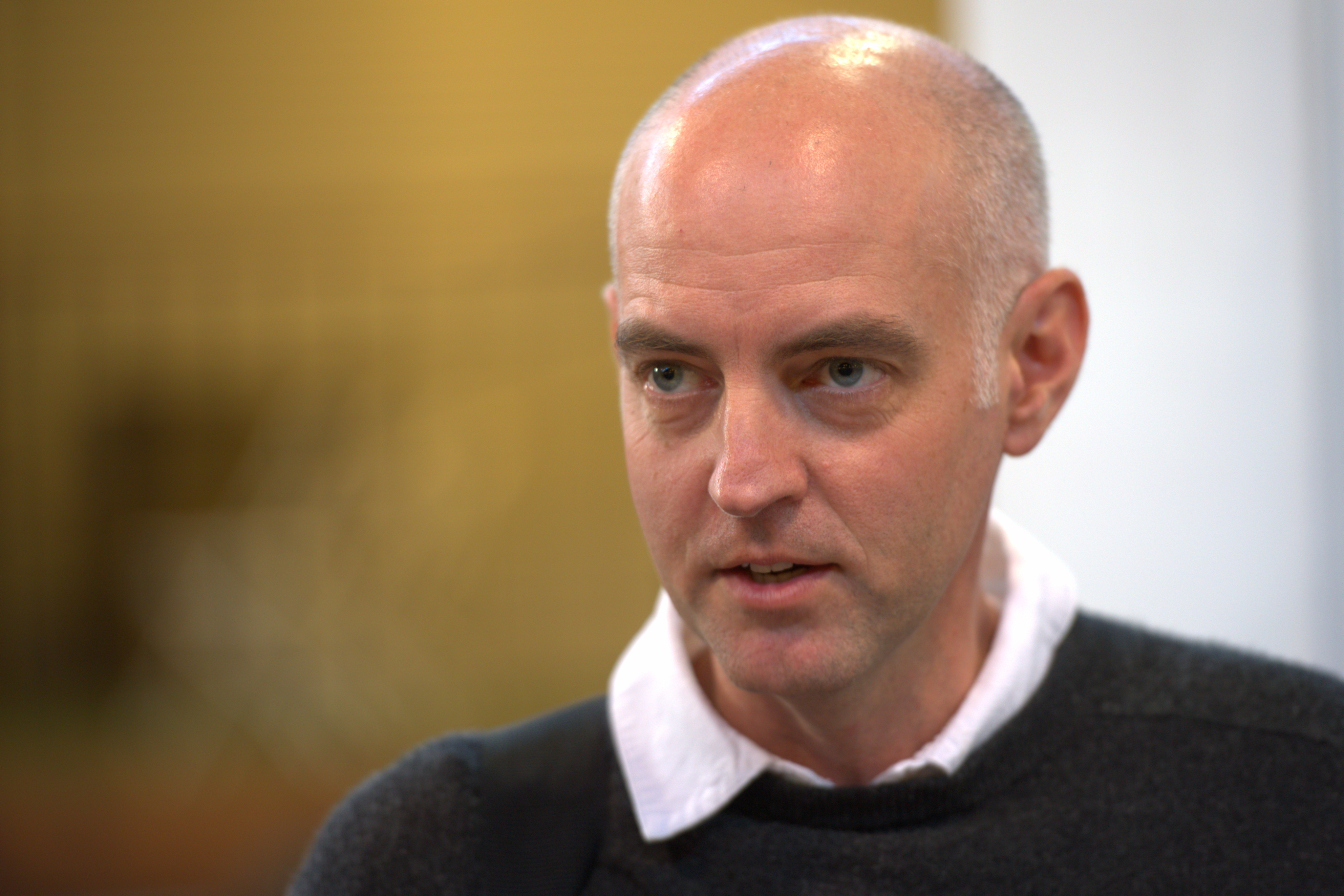Comic characters have to have some kind of life breathed into them, and I'm never exactly sure how that's done, but you can tell when it works and when it doesn't. There's nothing worse than looking at a comic when somebody doesn't have that. It's like looking at store windows or something.

"Daniel Gillespie Clowes" is an American cartoonist, illustrator, and screenwriter. Most of Clowes's work first appeared in Eightball (comic book)/Eightball, a solo anthology comic book series. An Eightball issue typically contained several short pieces and a chapter of a longer narrative that was later collected and published as a graphic novel, such as Like a Velvet Glove Cast in Iron (1993), Ghost World (1997), and David Boring (2000). Clowes’s illustrations have appeared in The New Yorker, Newsweek, Vogue, The Village Voice, and elsewhere. With filmmaker Terry Zwigoff, Clowes adapted Ghost World into Ghost World (film)/a 2001 film and another Eightball story into the 2006 film, Art School Confidential (film)/Art School Confidential. Clowes’s comics, graphic novels, and films have received numerous awards, including a Pen Award for Outstanding Work in Graphic Literature, over a dozen Harvey and Eisner Awards, and an Academy Award nomination.
If you enjoy these quotes, be sure to check out other famous writers! More Daniel Clowes on Wikipedia.Believe it or not, the characters are all like people I went to art school with in the '70s.
I was a very fearful little kid, and I would always see the worst in everything. The glass was half-empty. I would see people kissing, and I would think one was trying to bite the other.
When you see somebody who's got a complaining personality, it usually means that they had some vision of what things could be, and they're constantly disappointed by that. I think that would be the camp that I would fall into - constantly horrified by the things people do.
There's a lot of great cartoonists working, but I don't see too many people coming along who are of the 'where have you been all my life?' variety.
I don't think anything to do with who publishes the work matters at all, as long as they're not compromising to get published.
I must have been 3 years old or less, and I remember paging through these comics, trying to figure out the stories. I couldn't read the words, so I made up my own stories.
It's embarrassing to be involved in the same business as the mainstream comic thing. It's still very embarrassing to tell other adults that I draw comic books - their instant, preconceived notions of what that means.
You can give some kind of spark of life to a comic that a photograph doesn't really have. A photograph, even if it's connecting with you, it seems very dead on the page sometimes.
Copyright © 2024 Electric Goat Media. All Rights Reserved.